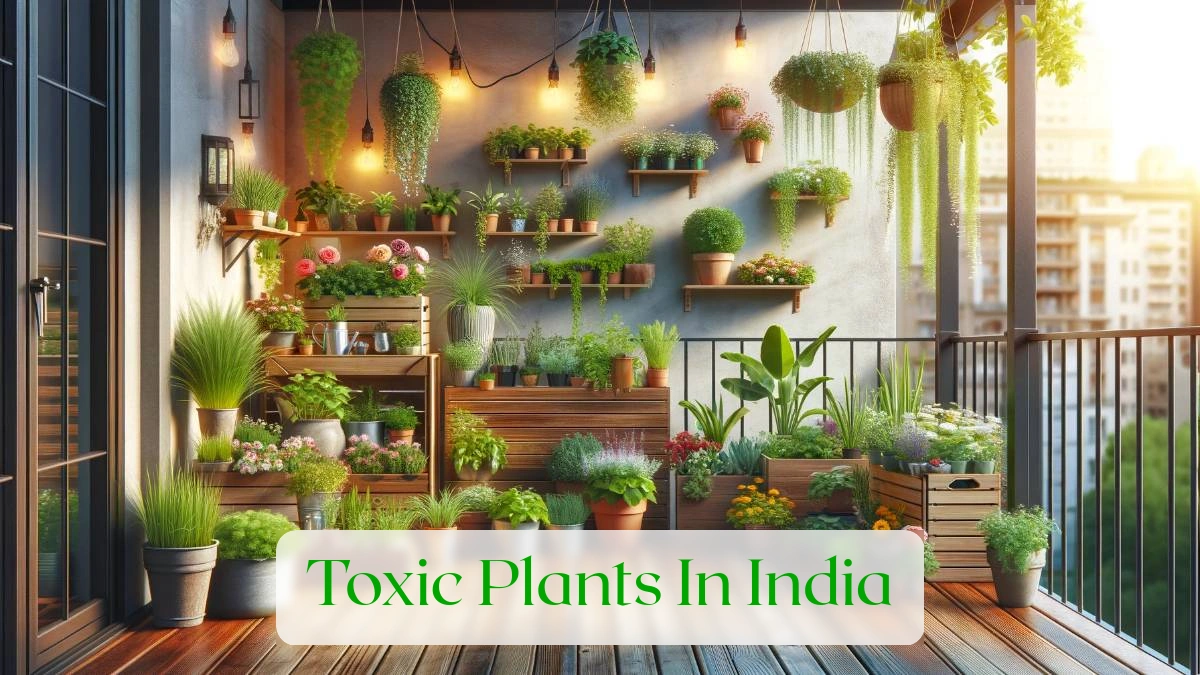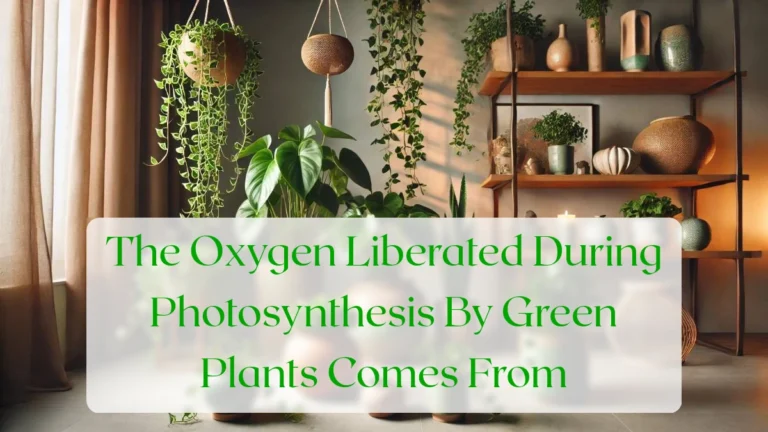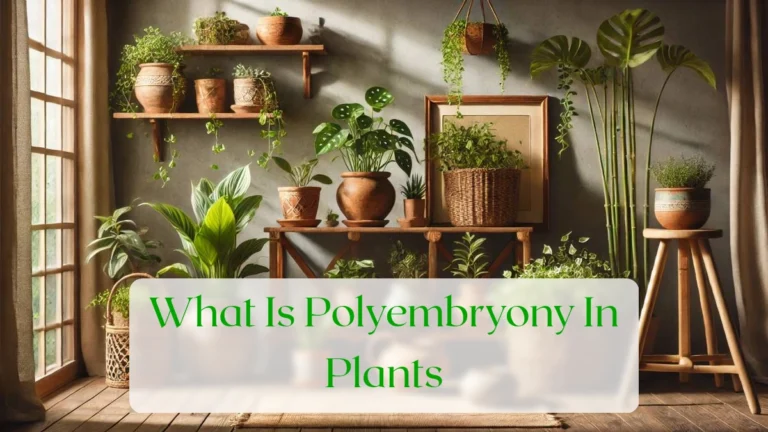Shockingly, many beautiful plants commonly found in Indian homes and gardens hold a deadly secret. Their attractive blooms and lush foliage often mask their potent toxicity, posing a significant threat to families and pets. Learning to identify these dangerous plants is crucial to ensuring everyone’s safety. This comprehensive guide details some of the most toxic plants found in India, offering vital information on identifying them, addressing poisoning symptoms, and taking necessary precautions. By the end, you’ll be equipped with the knowledge to protect your loved ones from these unseen hazards.
Common Toxic Plants in Indian Homes & Gardens
Deadly Nightshade (Belladonna)
Deadly Nightshade, also known as Belladonna, boasts glossy black berries and dark green leaves. This perennial herb is prevalent in shady, damp areas. Its toxins – atropine, scopolamine, and hyoscyamine – affect the nervous system, potentially leading to hallucinations, dilated pupils, rapid heartbeat, and even death. First aid involves inducing vomiting (if conscious) and immediately rushing to the nearest hospital.
Oleander (Kaner)
The Oleander, or Kaner, is a popular ornamental shrub loved for its vibrant pink, white, and yellow flowers. However, every part of this plant—leaves, stems, flowers, and even sap—is intensely toxic. Ingestion of even small amounts can cause vomiting, diarrhoea, irregular heartbeat, and potentially fatal cardiac arrest. Handle Oleanders with gloves; avoid touching your face after contact; and wash hands thoroughly afterwards.
Castor Bean Plant (Arandi)
The Castor Bean Plant, Arandi in Hindi, bears distinctive spiky seed pods containing highly poisonous seeds. These seeds contain ricin, fatally toxic if mistakenly ingested, causing nausea, vomiting, abdominal cramps dehydration and organ failure Immediate medical attention is crucial in case of any consumption. Delay in treatment could have fatal consequences..
Read more: what is polyembryony in plants
Toxic Plants Found in Indian Forests & Wildlands
Poison Ivy (Similar Species in India)
India doesn’t have true Poison Ivy, but several plants trigger comparable allergic contact dermatitis. These are frequently found in various regions across India’s forests and wildlands and cause severe allergic reactions on contact—intense itching, rashes, and blistering— upon skin contact. Avoiding contact is key; carefully clean any touched parts immediately, even more importantly wear protective gears when moving around areas of probable presence of similar species
Thorn Apple (Dhatura)
The Thorn Apple, or Dhatura, is recognized by its trumpet-shaped flowers and spiny seed pods. It’s found spread throughout various parts of India. All parts possess poisonous tropane alkaloids. Ingesting Dhatura induces profound delirium. If you suspect anyone ingestion has happen call for immediate emergency help
Water Hemlock
Water Hemlock among the world’s deadliest plants, can also easily be identified by umbel-shaped flowers and the hollow and spotted stems. Even casual contact can initiate blistering and burnings even if not ingested . Contacting Water Hemlock demands instant treatment and if ingested could require intensive critical care to prevent irreversible effects on the affected individual
Recognizing & Treating Poisoning from Toxic Plants
Early Symptoms of Plant Poisoning
Common occurrences of earlier signs usually are apparent. Keep an eye of signs include rashes, nausea, vomiting,diarrhea, abdominal pain. Other neurological sign to consider look out in victims maybe confusion ,hallucinations and muscle weakness.
First Aid Measures for Plant Poisoning
If plant poisoning is suspected: Immediately seek medical care; wash the affected area thoroughly to eliminate toxic exposure from touch if taken internally immediately clean out your victims mouth , monitor all their vitals, including heartbeats and breatheing capacity. Immediately move them to a nearest medical facillity at the best possible haste.
Prevention Strategies to Avoid Plant Poisoning
Educate your kids. Teach them to NEVER consume unfamiliar plants. If you intend to grow potentially toxic plants in your garden, locate them safely out of access . Put yourself safe at times it could cause accidental contact.
Read more: indian flower leggings
Identifying Unknown Plants Safely
Using Plant Identification Apps
Several apps offer plant identifcation capabilities.. Remember to utilise cross-referencing tactics where cross checking information between app and additional reference sources maybe required
Consulting Experts for Plant Identification
Consult a botanist, horticulturalist, or local agricultural university – their experienced guidance is incredibly valuable in recognizing toxic species. Their expertizes will help solve your questions better efficiently improving overall identification and awareness on the unknown plant at your locality
Important Legal Considerations Regarding Toxic Plants
Specific regulations exist regulating the sale and cultivating poisonous plants differ between places to place. Its good to cross check with your states specific rulebook about having legal permits for handling toxic ones to always be safe
Read more: the oxygen liberated during photosynthesis by green plants comes from
FAQ
What are the most common symptoms of plant poisoning in India?
Common symptoms encompass skin reactions (rashes, blisters,etc.), gastrointestinal problems (nausea, vomiting, abdominal stress, etc ), neurological disturbances (headaches, dizziness, hallucinations,etc ).
Where can I find a list of poisonous plants specific to my region in India?
Reach out experts and research institutes familiar with your region’s flora
What should I do if I suspect my pet has ingested a toxic plant ?
Rushing your animal for immediate veterinary aid Is highly necessary for ensuring survival outcomes.
Are there specific antidotes the frequently occured Indian toxic plants?
Antidoes exists depending on the plant poisoning itself. Early contact with a medical expert needed.
Who should I contact during a plant poisoning emergency?
Contact either an available hospital poison control or emergency management services
Conclusion
Awareness about toxic plants located in your surroundings in India and surroundings is crucial for a safe environment for you the family or your surrounding community . It is very important to know each region’s specific plants , for safety tips and first aid practices outlined in this text remain your priority
Share this guide. Let knowledge empower everyone! Let´s protect your family & pets from unknowingly suffering poisoning.



